MONTREAL — More than 3,000 Canadian National Railway conductors, train persons and yard workers have walked off the job after the railroad and its largest labor union failed to forge a new agreement before a midnight deadline.
Over the weekend, the Teamsters Canadian Rail Conference issued a 72-hour strike notice against CN [See: “CN served with strike notice,” Trains News Wire, Nov.18]. While both sides had hoped to avoid the work stoppage, the strike went into effect at 12:01 a.m. Eastern Time.
As CN employees were forming picket lines, union and railroad officials were continuing negotiations well into the night, according to Christopher Monette, director of public affairs for Teamsters Canada.
“I can confirm that we are still in talks with the company in hopes of reaching a negotiated settlement and ending the labor dispute as soon as possible,” Monette tells Trains News Wire.
The strike does not include CN’s operations in the United States, although it is possible the work stoppage in Canada will have impacts south of the border.
On Monday, the Liberal government sent two high-ranking ministers — Labor Minister Patty Hajdu and Transportation Minister Marc Garneau — to meet with the union and railroad in an eleventh-hour attempt to avoid a strike.
The railroad and the union have been in negotiations for seven months and have been working with federal mediators for the last five months. The railroad’s previous labor agreement expired in July. In September, Teamsters members overwhelming voted in favor of a strike if a solution could not be reached. The railroad had previously suggested a binding arbitration agreement forged by federal mediators but the union rejected that offer.
“We are disappointed that the TCRC has initiated strike action, which will result in a significant disruption to service,” Janet Drysdale, CN’s vice president of financial planning, told an investor conference in Toronto on Tuesday morning. “We apologize to our customers but we do appreciate their understanding that safety is always our first priority.”
At the center of the negotiations is a debate about health benefits and safety. According to the Teamsters, CN has expanded its use of remote control locomotives in yards despite protests from the union. The union has also complained that CN has made it harder for employees to take time off, increasing the risk of fatigue-related incidents.
“Fatigue has been recognized by the Transportation Safety Board as a major safety problem in this industry. Too many railroaders are operating trains when they should be resting,” says Teamsters Rail President Lyndon Isaak. “For the safety of all Canadians, we cannot allow CN to make it even harder for our members to get the rest they need.”
This week’s work stoppage comes exactly a decade after the last major Teamsters strike at CN. In November 2009, more than 1,700 locomotive engineers went on strike for five days after working without a contract for almost a year.






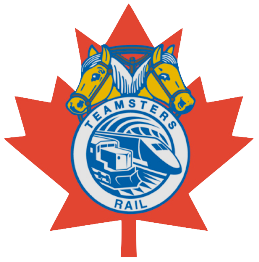

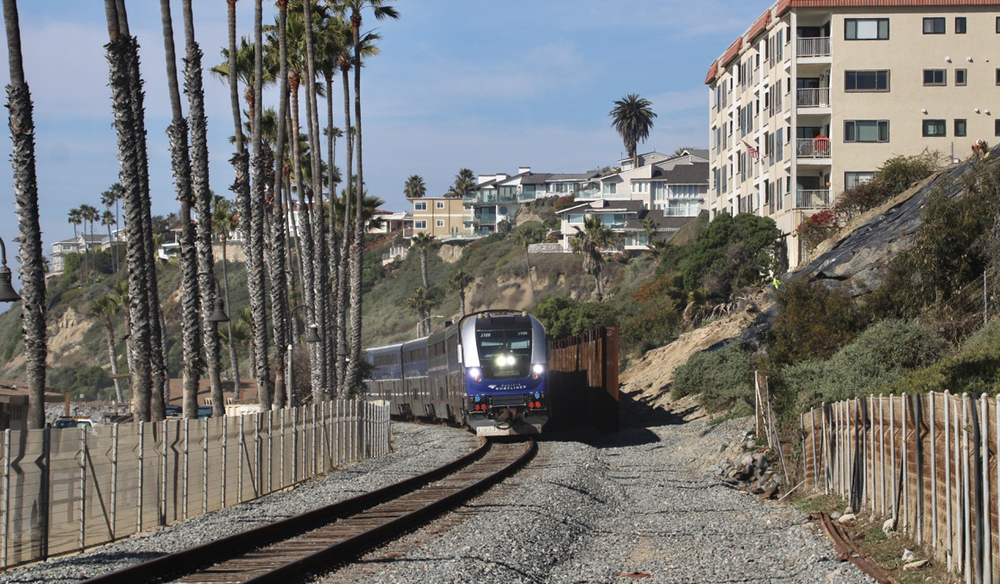
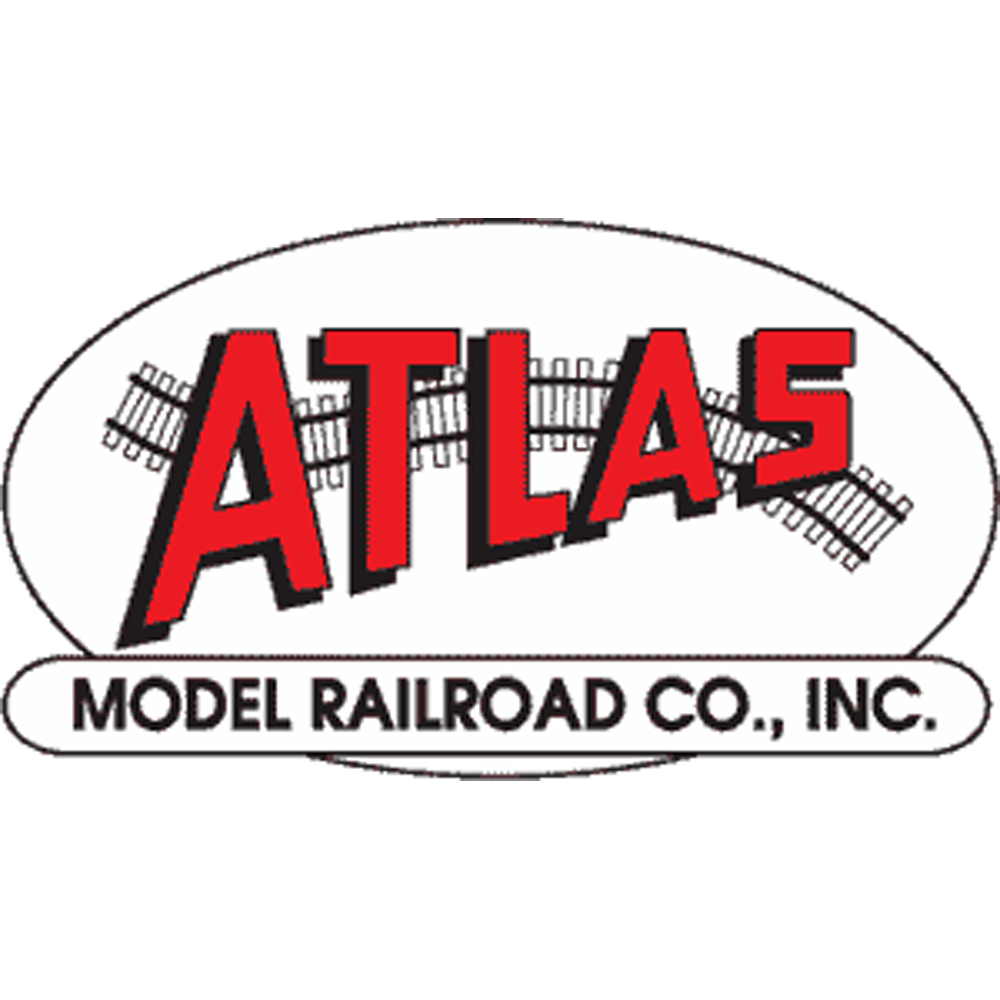
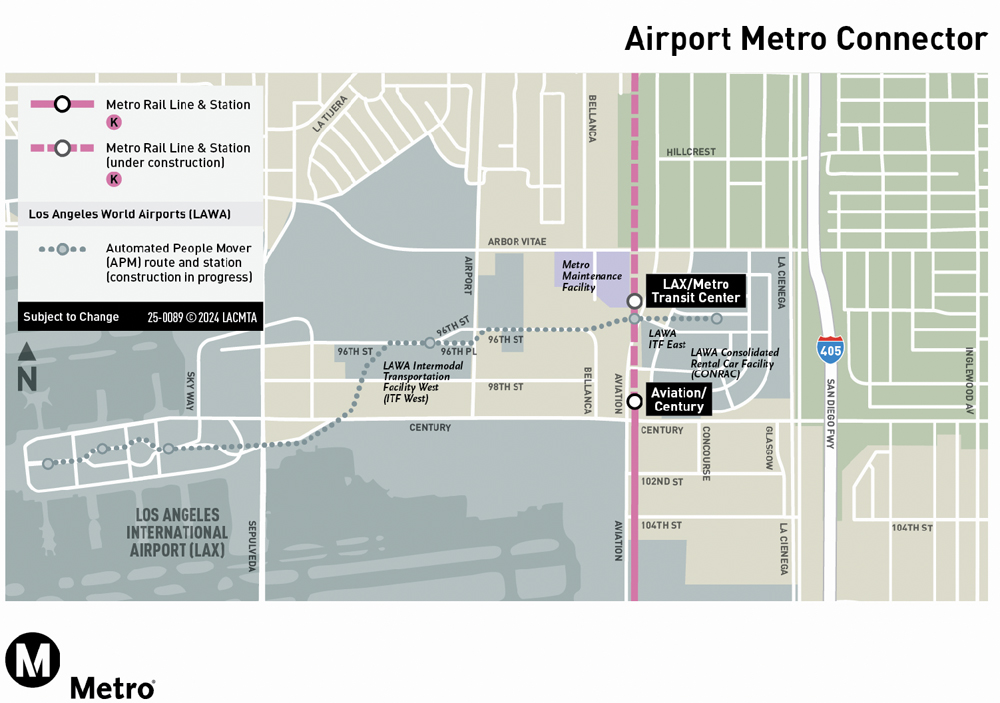
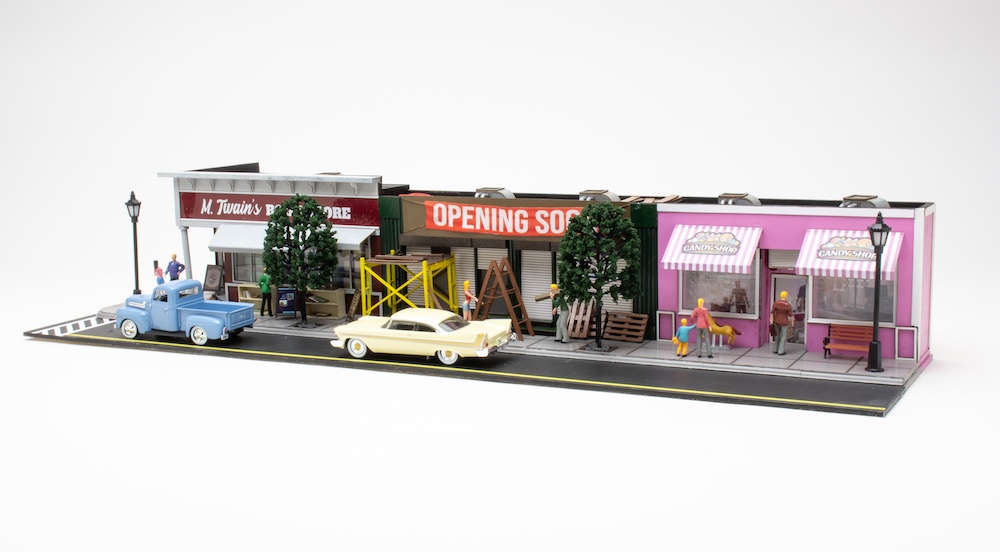




In good times its good business practice to “spread the wealth.” Give the union what they want.
https://www.quickpayportal.online/
CN seems intent on not negotiating a new contract, and instead getting the federal government to legislate us back to work and for the Union into binding arbitration, where the Company hopes to force at least some of their planned cuts through.
To call this bargaining in good faith is laughable.
Still rolling (for now) in USA. Long mixed merchandise EB through Waukesha (Wisconsin) this morning.
In good times its good business practice to “spread the wealth.” Give the union what they want.
Least the VIA trains will be on time
Gerald:
CN has been expanding the use of remote-control switching outside yards as much as possible in recent years. And in my experience you need three people to switch efficiently, one at each end of the movement and the other in the middle to line switches and couple/uncouple cars.
And why should the employees have to pay more toward healthcare/dental coverage and other benefits? CN is still making record profits. If that is “getting modern” then I want no part of your future. Railway operating and work rules have changed very little over the past 30 years because the job has not changed much.
Just because everyone else is doing something doesn’t mean that it is right.
Safety First. KISS 12 hours on, 12 hours off. 3 days on 3 days off.
I find it odd they’re against the increase usage of remote control units in yards…unless of course they’re afraid that CN will eliminate jobs since they no longer need to people to operate a remote controlled switch job…oh wait, they can’t still need two people to do the work, one at each end.
Mr. Norton, you’re living in the past, it doesn’t work that way anymore…for everyone else, this is almost 2020, yet we’re still working(in almost all jobs) under rules that have been in existence for decades. it’s time to get modern, and that probably includes the employees paying a bigger share of their health coverage.
CN is the problem. Refusing to negotiate and ignoring labor’s concerns. Now they’ve got a real problem that affects customers.